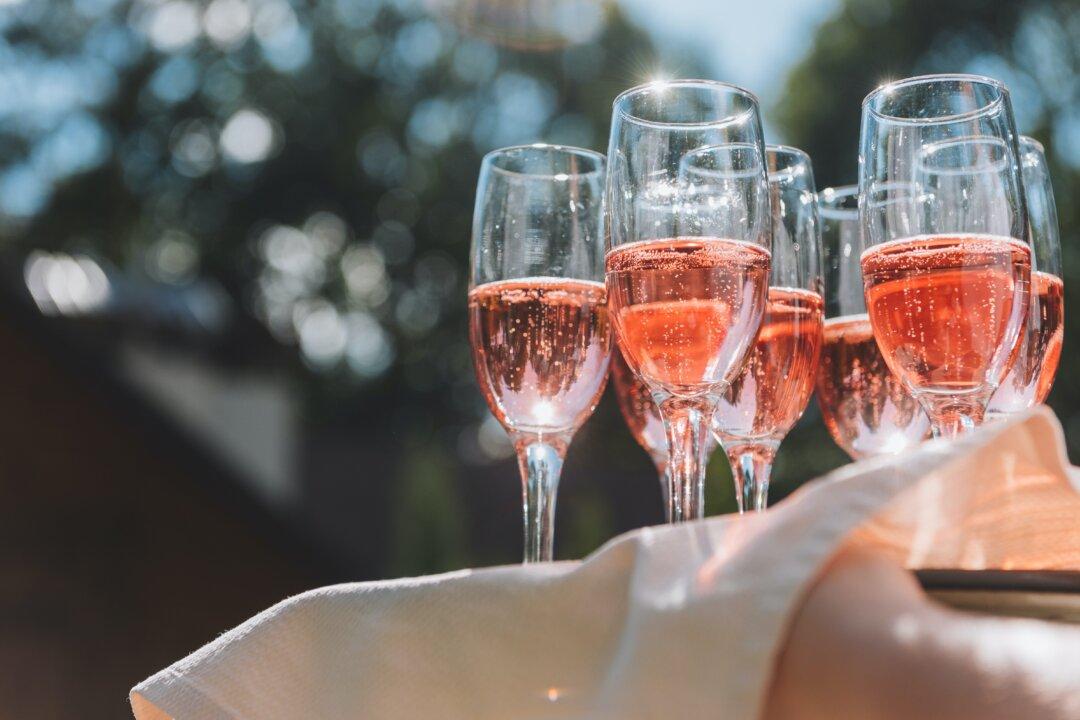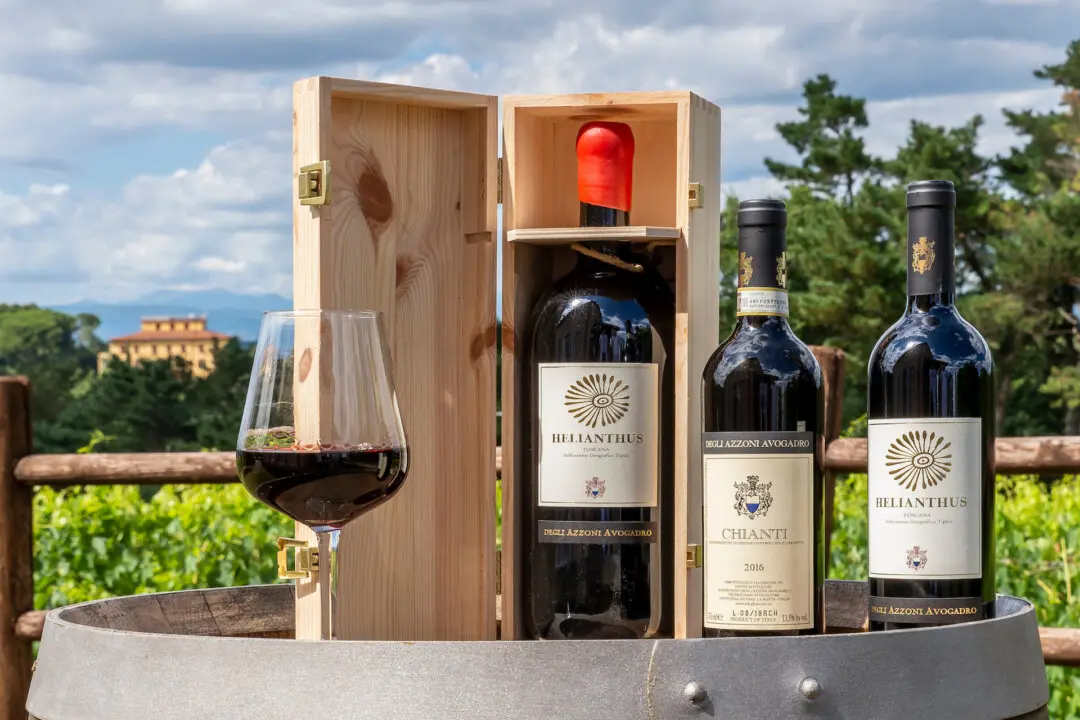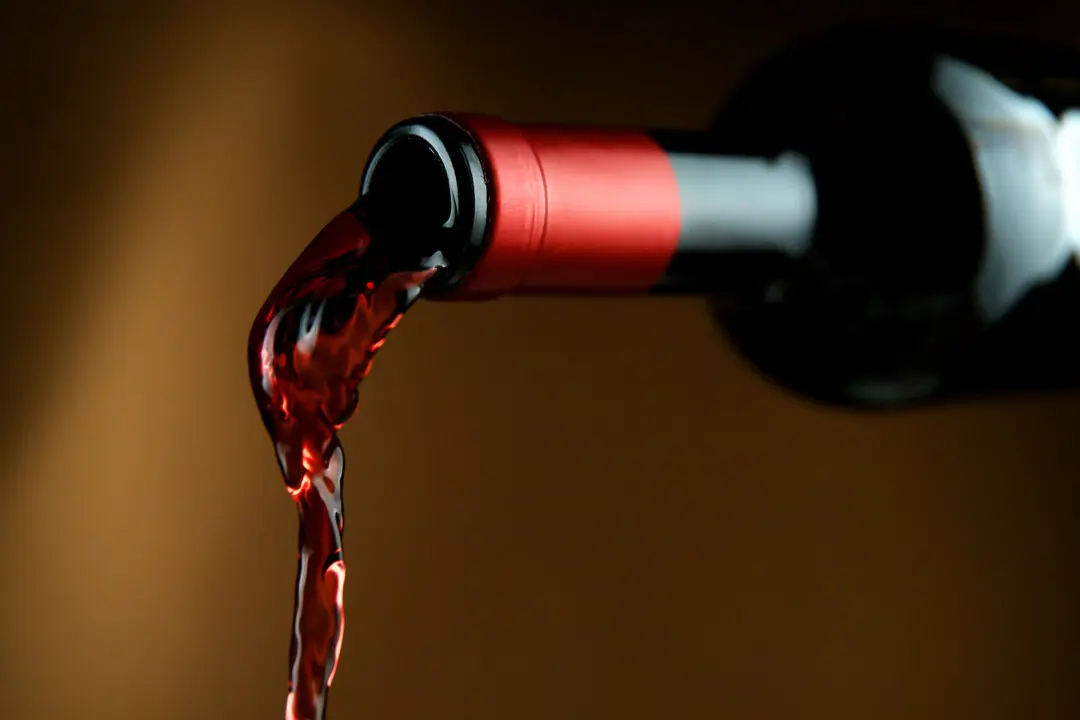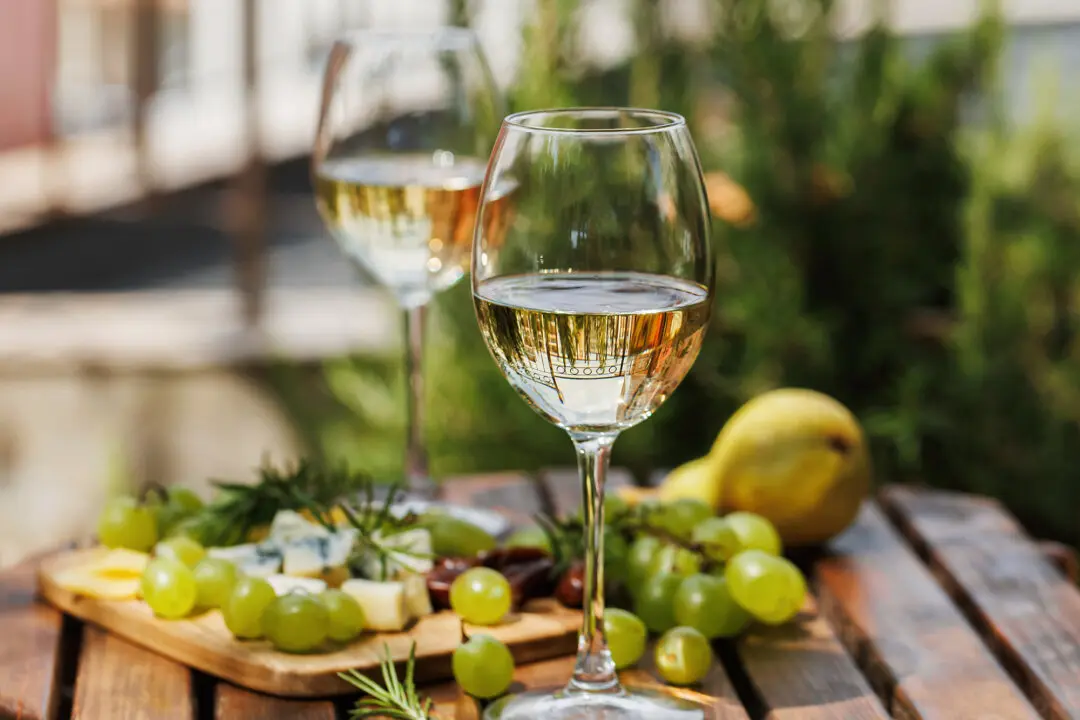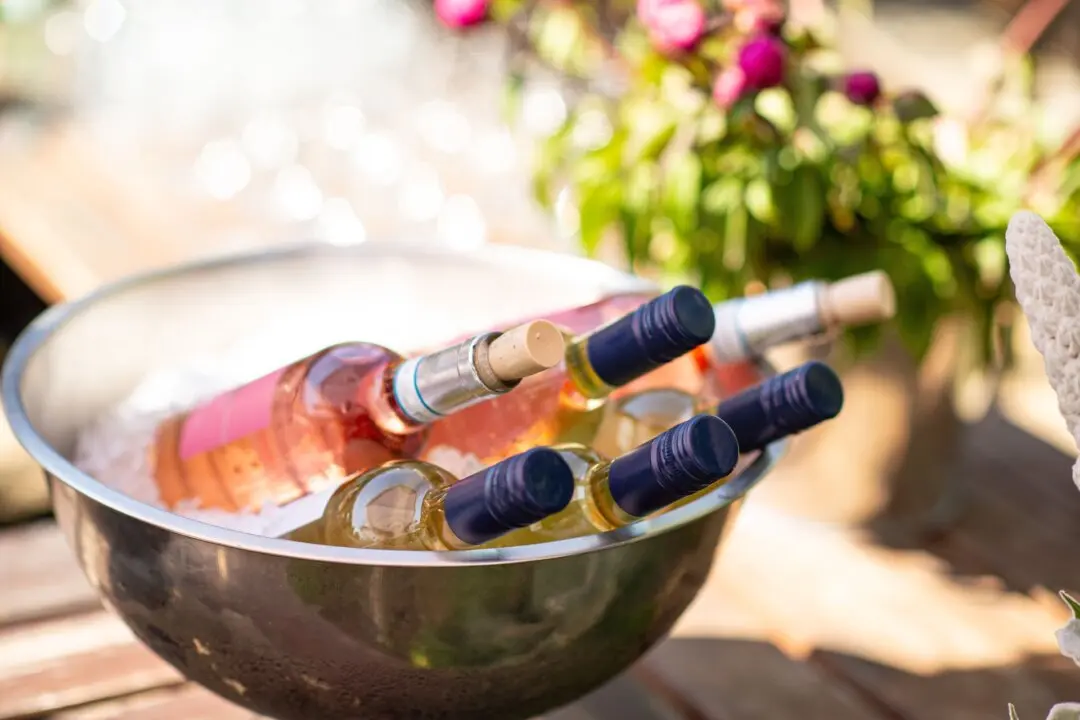I cut my finger on the metal capsule covering the cork while opening a wine bottle the other day, so I washed the wound, put some vaseline on it, and, lacking a band-aid, I used a small piece of scotch tape.
The previous sentence is a fundamental illustration of why brand names are so vital to most corporations and how difficult it is for them to protect their brands from genericization. All three products listed in the first paragraph above are brand names and should be capitalized.

